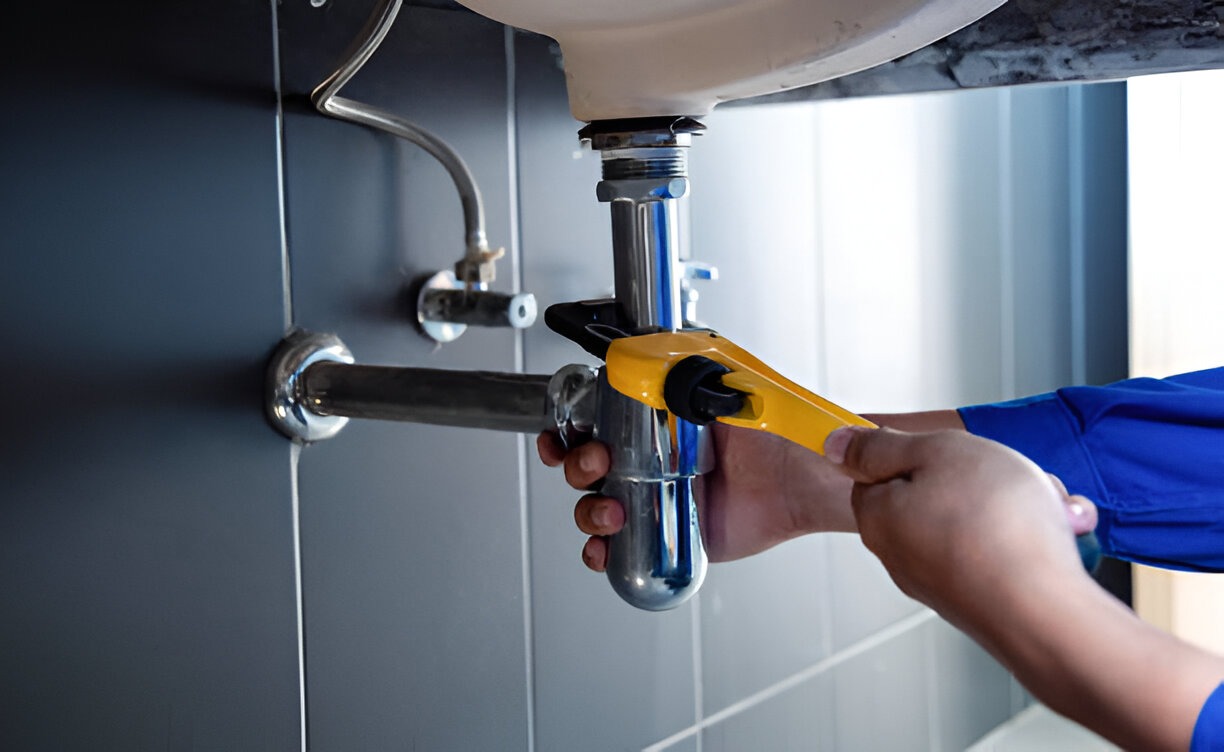Key Takeaways:
- Learn about the significance of water management in protecting your home.
- Discover practical strategies to prevent basement water damage.
- Understand how weather conditions influence water damage risks.
- Get tips on maintaining basement health year-round.
Introduction to Water Management
Water management is crucial for homeownership, ensuring property preservation and protection. Homes are susceptible to various threats, and unchecked water damage can escalate into serious issues. Basements are particularly vulnerable to water infiltration. Homeowners must be aware of these concerns and take preventative measures before they worsen. Leveraging tools and services from experts such as Ayers Basement Systems can provide an indispensable shield against the perils of water damage.
Misconceptions suggest waterproofing is a one-time solution, but successful water management requires ongoing vigilance and consistent efforts to prevent foundation damage. A proactive approach and ongoing preventive measures are needed to offer a safe and healthy living environment since water damage compromises the structural integrity of your home.
How Water Damage Affects Your Home
Water damage can cause significant structural issues in your home, such as foundation cracks and structural alignment shifts. Furthermore, excessive moisture encourages the growth of mold and mildew, both of which can harm one’s health. Particularly for people with respiratory disorders, these organisms’ presence can exacerbate them. The presence of these organisms can worsen respiratory conditions, especially for those with pre-existing conditions. Furthermore, water damage can be financially draining, rapidly increasing the cost of repairs and remediation. If not addressed promptly, these expenses can become costly. Therefore, homeowners should prioritize preventative measures to avoid future expensive interventions.
Factors Contributing to Basement Water Issues
The causes behind basement water issues are multifaceted, often a blend of natural forces and human error. Natural factors, like regional weather patterns and soil types, set the stage for potential water infiltration. Areas with high rainfall or snowmelt are naturally at higher risk. Soil composition can also play a significant role—clay-heavy soils retain water longer, potentially increasing hydrostatic pressure against basement walls.
Improper landscaping, such as improper grading and neglecting gutters and downspouts, can channel water toward a home’s foundation, overflowing and pooling. The placement and alignment of downspouts are crucial in directing rainwater away from the basement. Inadvertently, poorly executed home improvements can contribute to water damage risks.
Preventative Measures for Water Management
Taking proactive preventative measures is crucial to combating basement water issues effectively. Grading and landscaping adjustments can significantly aid in directing water away from the foundation of a home, safeguarding it from potential damage. It’s essential to ensure gutters and downspouts remain clear and functional, channeling water efficiently to a safe distance from the home. Systems that manage water, such as French drains, can provide additional layers of protection.
DIY homeowners can temporarily fix foundation cracks with sealants, but these are often short-term solutions. Professionals should be consulted for comprehensive assessments and recommendations to ensure your basement’s long-term integrity and safety.
Tools and Technology to Prevent Water Damage
In an age of advanced technology, homeowners have various tools to prevent water damage. Dehumidifiers can effectively control moisture levels in the basement, reducing the likelihood of mold growth. Similarly, sump pumps serve as a frontline defense by actively removing water accumulating in sump pits, thus preventing flooding.
Complete basement waterproofing systems can be installed to address specific vulnerabilities unique to each home for more robust protection. These systems protect against occasional water issues and offer peace of mind, knowing that the house is guarded against unforeseen water challenges. Regular professional inspections are invaluable, as they help identify potential problems before they become significant.
Weather Considerations and Water Management
Climate change and its impact on global weather patterns have increased the frequency and intensity of severe weather events. These changes demand a more vigilant approach to water management in households. Preparing your home for various seasonal extremes is crucial, as weather can fluctuate drastically between heavy downpours and prolonged droughts.
Investing in weatherproofing measures tailored to local climate conditions can prevent damage from unexpected weather occurrences. From installing flood barriers to reinforcing structural integrity, being prepared for your local environment minimizes the risk of damage caused by unpredictable weather. By staying informed and proactive, homeowners can mitigate the risk that fluctuating weather patterns present.
Long-Term Maintenance Strategies
Implementing long-term maintenance strategies is key to ensuring a dry and safe basement. A regular inspection checklist is an effective tool for helping homeowners identify maintenance needs and potential red flags. Monitoring basement humidity levels is equally essential; high humidity often precedes condensation that leads to mold growth.
Waterproof paints and coatings can offer an additional protective layer against moisture infiltration. These barriers help maintain aesthetics and reinforce the durability of basement walls. By integrating these long-term strategies into regular home maintenance routines, homeowners can protect their investments and ensure a comfortable living space.
Conclusion: Investing in Water Management for Peace of Mind
Proactive water management is a crucial investment for the longevity and safety of your home. It offers peace of mind by protecting your home against water-related damage. Regular maintenance, leveraging technology, and hiring professionals are essential steps to safeguard your investment. By adopting these strategies, you can rest assured that your home is protected against one of nature’s most persistent threats.






